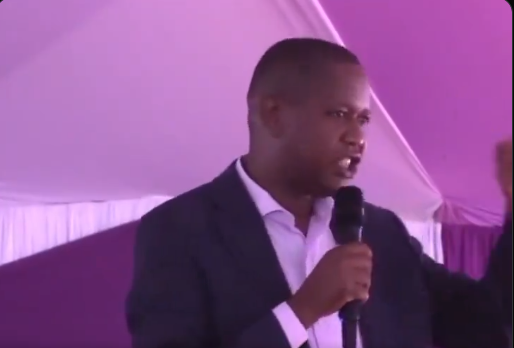Kibwezi West MP Mwengi Mutuse recently intensified his campaign against Kenya’s Deputy President Rigathi Gachagua, presenting a detailed impeachment motion in Parliament.
The move accuses Gachagua of violating his constitutional oath and displaying conduct deemed unbecoming for a leader of his position.
Mutuse’s motion includes eleven charges, such as allegedly inciting ethnic divisions, undermining government cohesion, and engaging in corrupt activities.
Among the most controversial are claims that Gachagua has made incendiary statements, especially his comments likening the government to a “company” that should serve certain “shareholders” over others.
This rhetoric, Mutuse argues, fosters ethnic discord, which could have serious repercussions for national unity.
The impeachment motion has sparked a strong reaction from both supporters and critics. Some leaders, especially from the Ukambani region, have questioned Mutuse’s motives, suggesting that he may be acting at the behest of influential political forces looking to weaken Gachagua’s position.
Makueni Governor Mutula Kilonzo Jr. expressed skepticism, questioning why Mutuse, a first-term MP, would take on such a high-profile case, especially as a non-Kikuyu politician.
Mutuse countered that his decision was his own and not directed by any political faction, asserting that his leadership is driven by conscience and commitment to constitutional integrity.
Gachagua, meanwhile, has refuted all allegations, arguing that the charges are baseless and politically motivated.
He maintains that he was elected by millions of Kenyans and will not resign, vowing instead to fight the impeachment attempts.
Gachagua insists that he has not breached any legal bounds and accuses his detractors of twisting his words for political gain.
As the impeachment debate unfolds, it has highlighted deepening political tensions within Kenya’s leadership and intensified scrutiny of the Deputy President’s role and conduct.


